In the minutes of April 27-28 meeting of BoJ indicated that while the board was concerned with fluctuation in Yen’s exchange rate, it remained firm on the stance to continue with ultra-loose monetary policy.
One board member noted that Japan’s economy was “still on its way to recovery”. As a “commodity importer”, the rise in commodity prices would “lead to an outflow of income from Japan and thus exert downward pressure on the economy.” Hence, it’s “necessary” to “continue with the current powerful monetary easing and thereby firmly support the economy.”
Another member noted that “the challenge of monetary policy in Japan was not to curb inflation, as in the case of the United States and Europe, but to overcome inflation that was still too low”. A different member commented that,” with the addition of Russia’s invasion of Ukraine to the existing downside risks to the economy, the situation had further changed significantly; against this backdrop, it was not appropriate for the Bank to make any big changes to its monetary policy stance.”
Regarding Yen’s depreciation, “a few members said excessive fluctuations in the foreign exchange market over a short period of time, such as those observed recently, would raise uncertainties about the future and make it more difficult for firms to formulate their business plans”.
Some member noted, “it was necessary for the Bank to clearly communicate to the public that the aim of monetary policy conduct was to fulfill its mandate of achieving price stability, rather than to control foreign exchange rates.”
Full minutes here.




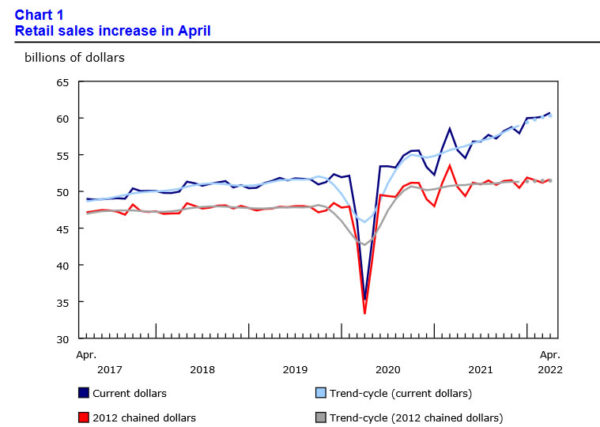
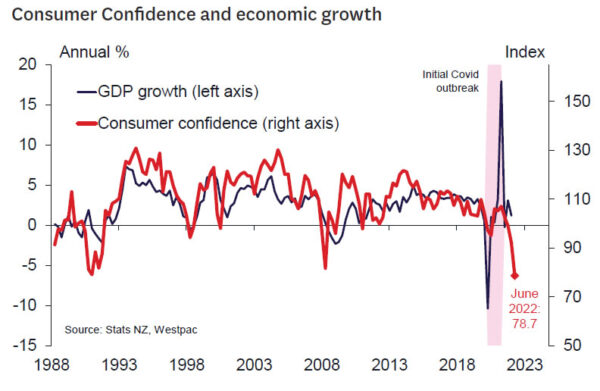
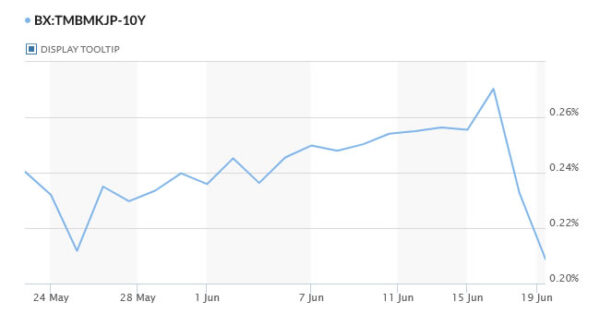
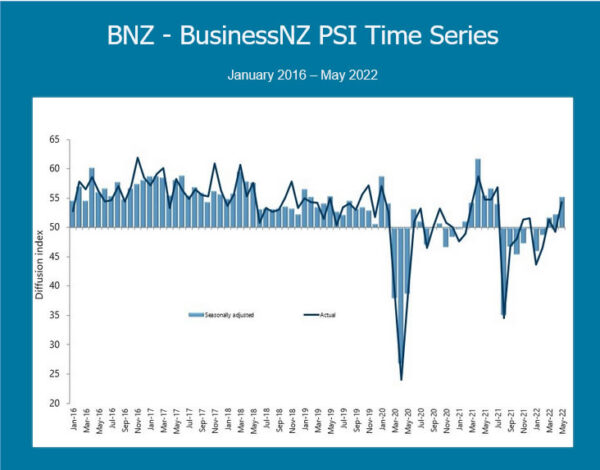

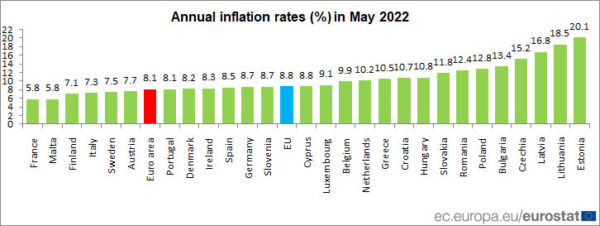

BoJ firm on maintaining ultra-loose monetary policy
In the minutes of April 27-28 meeting of BoJ indicated that while the board was concerned with fluctuation in Yen’s exchange rate, it remained firm on the stance to continue with ultra-loose monetary policy.
One board member noted that Japan’s economy was “still on its way to recovery”. As a “commodity importer”, the rise in commodity prices would “lead to an outflow of income from Japan and thus exert downward pressure on the economy.” Hence, it’s “necessary” to “continue with the current powerful monetary easing and thereby firmly support the economy.”
Another member noted that “the challenge of monetary policy in Japan was not to curb inflation, as in the case of the United States and Europe, but to overcome inflation that was still too low”. A different member commented that,” with the addition of Russia’s invasion of Ukraine to the existing downside risks to the economy, the situation had further changed significantly; against this backdrop, it was not appropriate for the Bank to make any big changes to its monetary policy stance.”
Regarding Yen’s depreciation, “a few members said excessive fluctuations in the foreign exchange market over a short period of time, such as those observed recently, would raise uncertainties about the future and make it more difficult for firms to formulate their business plans”.
Some member noted, “it was necessary for the Bank to clearly communicate to the public that the aim of monetary policy conduct was to fulfill its mandate of achieving price stability, rather than to control foreign exchange rates.”
Full minutes here.